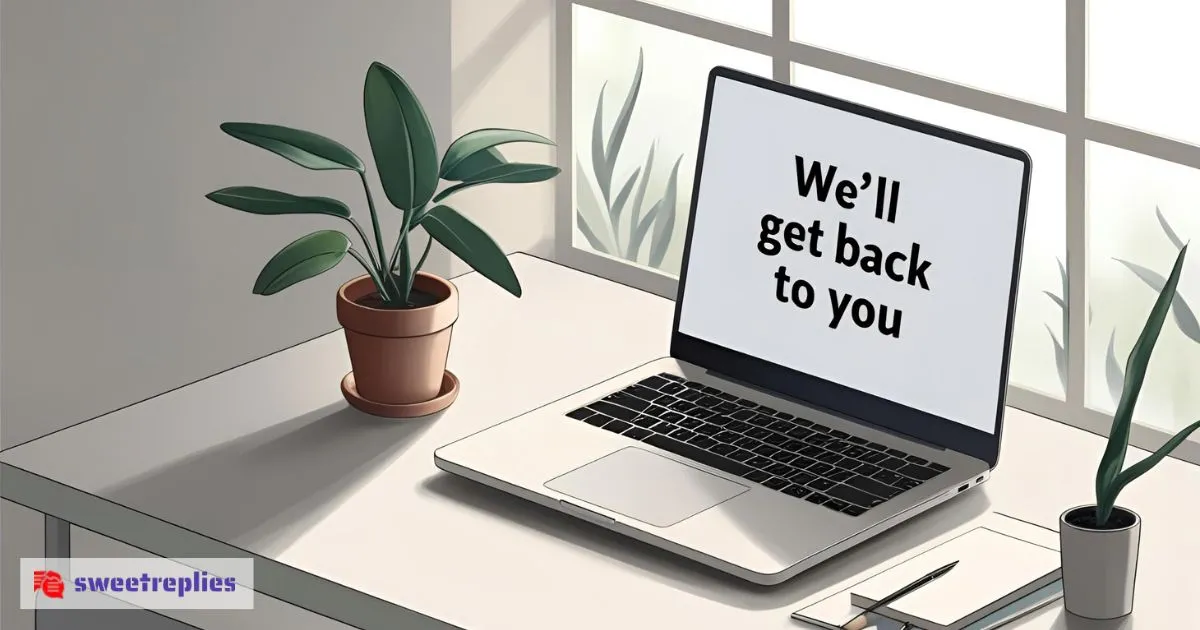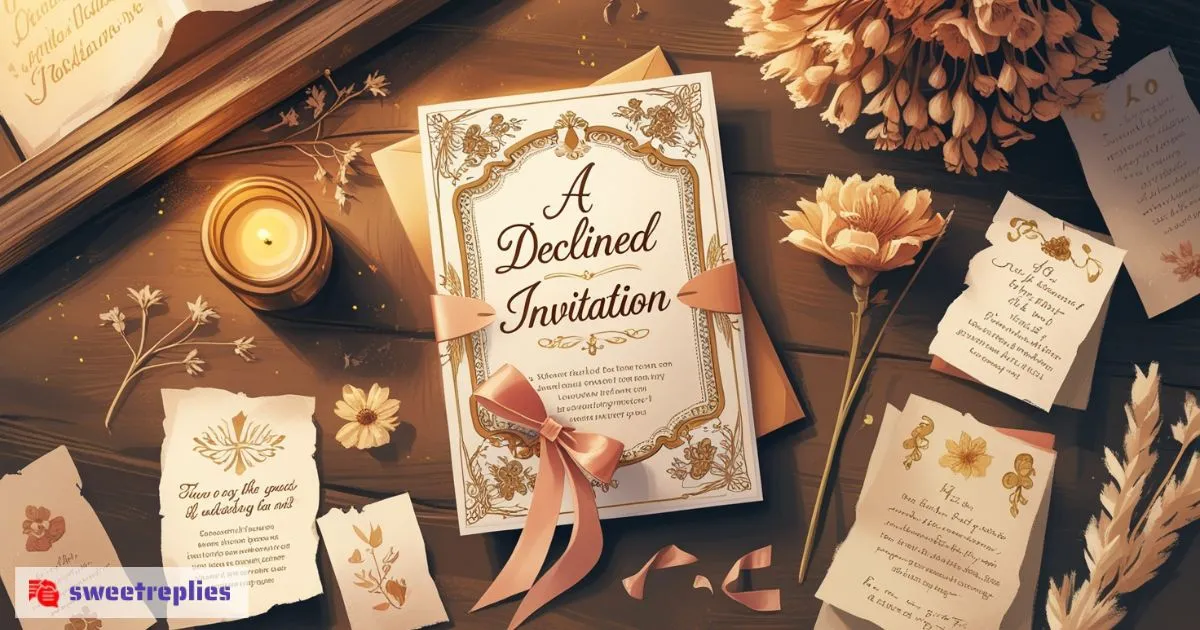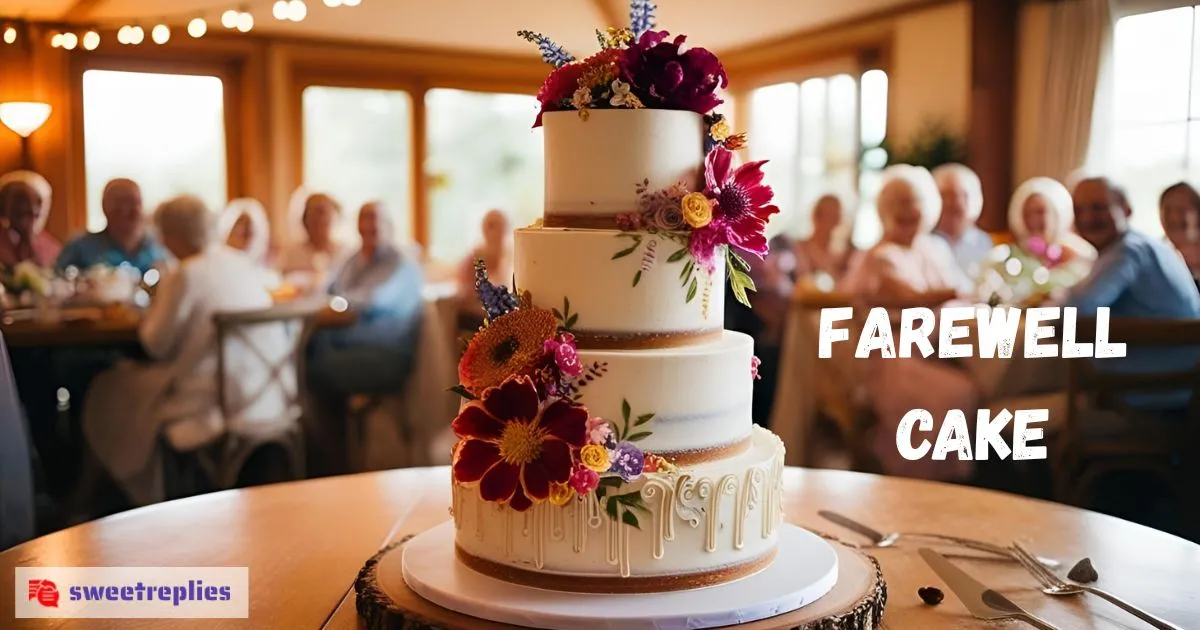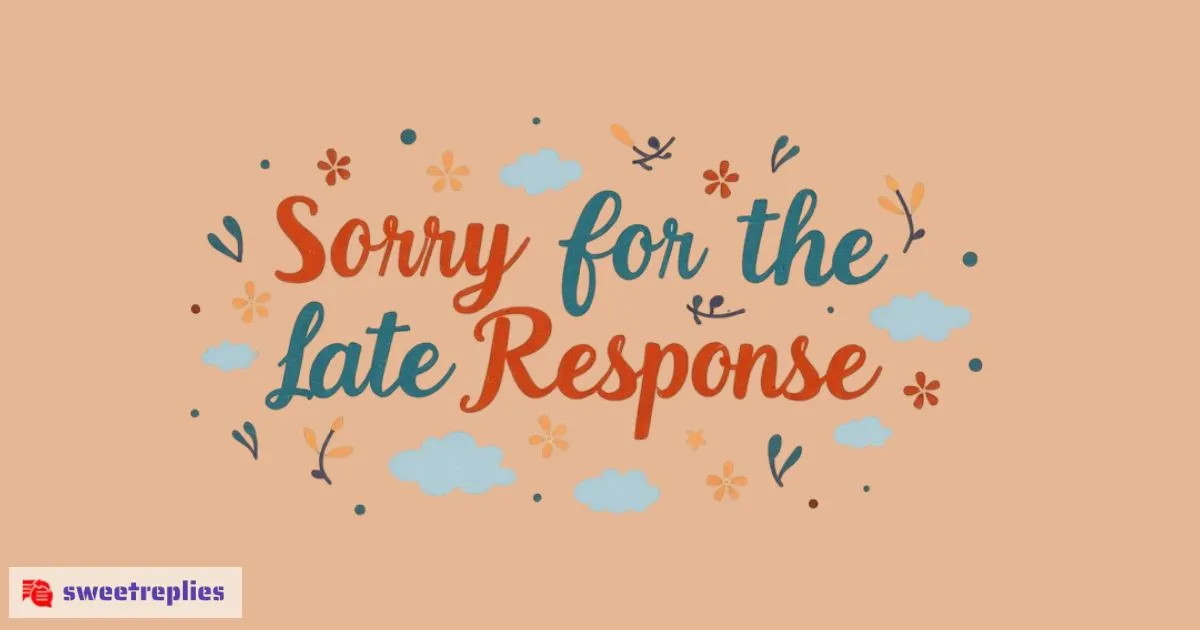After a job interview, one of the most common and, at times, unsettling responses you might hear is the familiar phrase, We’ll get back to you. When you’re a recruiter or an individual office worker in the United States, this vague, yet polite response can leave you wondering about the next steps.
It can be difficult not to feel a sense of uncertainty as you sit in silence, questioning when the interview went well. Was it a positive sign, or is the interviewer simply being polite?
For hopeful candidates, especially when no definite response is given, it often feels like a call for backup, possibly checking with a manager before delivering an answer. Despite the ambiguity, research shows that recruiters, often bombarded with 120 emails per day, may not always provide immediate feedback.
So, what is the best way to react? How do you respond politely when you’re unsure about the answer? Understanding body language, a smile, or even writing a thank-you note can all be part of your response strategy after an interview.
In this guide, we’ll explore practical ways to respond to We’ll get back to you and provide tips, templates, and alternative phrases that can help clear up the uncertainty. We’ll also look at how to compose an email, and actionable insights to help you feel more confident in navigating these common situations. Let’s dive in and transform those ambiguous responses into opportunities for clearer communication.
What Does ‘We’ll Get Back to You’ Mean?

The phrase We’ll get back to you can have different meanings depending on the situation, tone, and context in which it’s used. In a professional setting, it’s often a polite and vague response that doesn’t provide much clarity, leaving candidates wondering about the real intent behind it.
While it might seem like a courteous way to end a conversation, it can also be a signal rejection if the tone is not encouraging or if it’s the primary response after an interview. For many, this phrase is unsettling as it doesn’t offer a guarantee of being selected for the
Genuine Follow-Up
The phrase We’ll get back to you is often a sincere form of communication, indicating that the person or team needs more time to evaluate the situation. It can mean that the hiring manager or team member is taking time to discuss and decide the next steps, perhaps consulting others or reviewing candidates. While it might feel like a delay, it’s a polite way to show they need time to evaluate before finalizing their decision. A polite follow-up can show patience and often leads to positive results.
- Indicates the need for time to evaluate candidates thoroughly.
- Sincere form often reflects the team’s intent to make a well-informed decision.
- The phrase suggests that a team member may be consulting others to finalize the choice.
- It may require more time to review candidates and make sure everything aligns.
- A polite follow-up can demonstrate patience and maintain positive results without seeming impatient
Also Read: Killer Comebacks to Win Any Argument Fast!
Polite Dismissal
A polite dismissal is a way of ending a conversation or interaction without causing offense, often used in professional or social settings. It’s a courteous way of letting someone know that the discussion is over, or that you won’t be moving forward with a request.
The tone is important, as it ensures the person doesn’t feel rejected or disregarded. A polite dismissal leaves the door open for future conversations while maintaining respect and professionalism.
- A polite dismissal maintains respect while ending a conversation.
- It helps avoid feelings of rejection by using a courteous tone.
- It’s often used in professional or social settings to handle uncomfortable situations.
- The key to a polite dismissal is clear communication without being harsh.
- It allows for future interactions while setting clear boundaries.
Need for More Time
The need for more time is a common situation, especially in decision-making processes, where individuals or teams require additional time to evaluate information, discuss options, or consult others.
When it’s for a job interview, project review, or any other scenario, requesting more time shows a commitment to thoroughness and careful consideration. It’s important to communicate this need clearly and politely, as it reflects a desire to make informed decisions without rushing.
5 Points to Remember:
- Need for more time ensures decisions are thoughtful and well-considered.
- It’s a sign of commitment to thorough evaluation before making conclusions.
- A polite request for more time shows respect for the importance of the decision.
- It allows teams or individuals to consult others or gather additional information.
- Clear communication about the need for more time can prevent misunderstandings and promote patience.
Things to Avoid When Responding
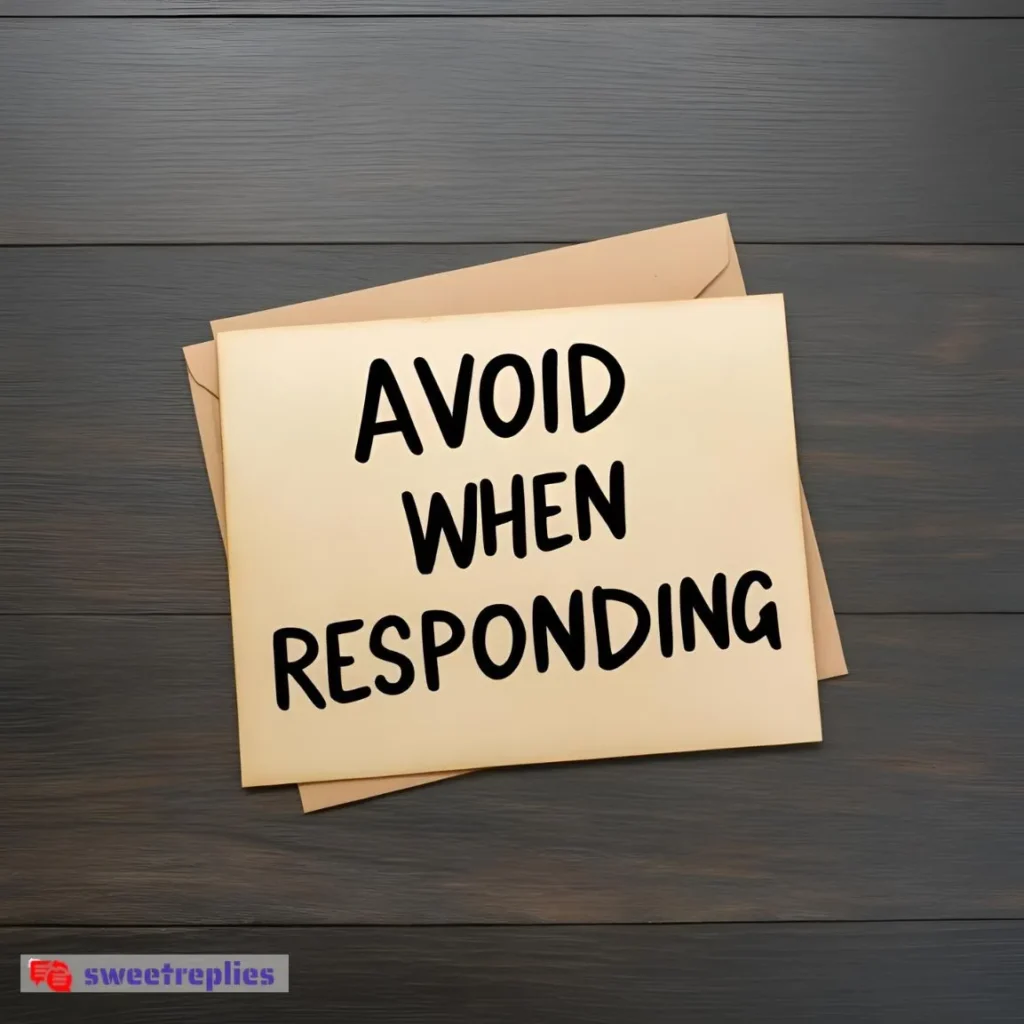
When responding to requests or inquiries, it’s important to avoid certain behaviors that could lead to risks of bad outcomes. Red flags like being pushy, saying I need an answer now, or asking, When can I expect a response? can make you seem desperate or overly eager, which might annoy the recipient.
Additionally, overloading with information or providing unnecessary details can overwhelm them. Instead, keep it brief, respect the implied waiting period, and avoid demanding an immediate response to maintain professionalism.
- Avoid being pushy by saying things like I need an answer now.
- Asking When can I expect a response? can create unnecessary pressure.
- Don’t appear desperate with statements like Please don’t forget about me!
- Avoid being overly eager, which can seem unprofessional.
- Overloading with information can overwhelm the recipient.
- Steer clear of providing unnecessary details that clutter your message.
- Demanding an immediate response disregards the implied waiting period.
Formal Replies to We Will Get Back to You
- Thank you for your response. I look forward to hearing from you soon.
- I appreciate the update and will await your next communication.
- Thank you for considering my application. I am happy to wait for your response.
- I understand. Please let me know if any further information is needed.
- I look forward to your follow-up and appreciate your time.
- Thank you for your time and I await your decision.
- I understand, and I will await your response.
- Thank you for letting me know. I will be waiting for your follow-up.
- I appreciate your time and will look forward to your update.
- I am grateful for the opportunity and await your next steps.
- Thank you for keeping me informed. I will wait for your response.
- I look forward to hearing from you and appreciate your consideration.
- Thank you for your response. I await your follow-up with anticipation.
- I understand the process and will be happy to hear from you soon.
- I appreciate the time you are taking to review my situation, and I will wait for your reply.
- Thank you for the update. I am happy to wait for your final decision.
- I appreciate your time and attention, and I look forward to your response.
- Thank you for your reply. I understand and will wait for your next communication.
- Thank you for informing me. I look forward to your follow-up.
- I will gladly await your response. Please let me know if further details are needed.
- Thank you for your consideration. I will await your feedback.
- I appreciate the update and will wait for your next steps.
- Thank you for keeping me posted. I will look forward to hearing from you soon.
- I am happy to wait and appreciate your effort in reviewing the matter.
- Thank you for letting me know. I understand and will wait for your decision.
- Thank you for your consideration. I look forward to your response after reviewing everything.
- I appreciate the update and will be happy to wait for your follow-up once you’ve completed the review.
- Thank you for keeping me informed. I will patiently await your decision and appreciate the time you’re taking.
Also Read: Hilarious Comebacks for When Someone Calls You Stupid!
Context-Specific Replies to ‘We’ll Get Back to You’
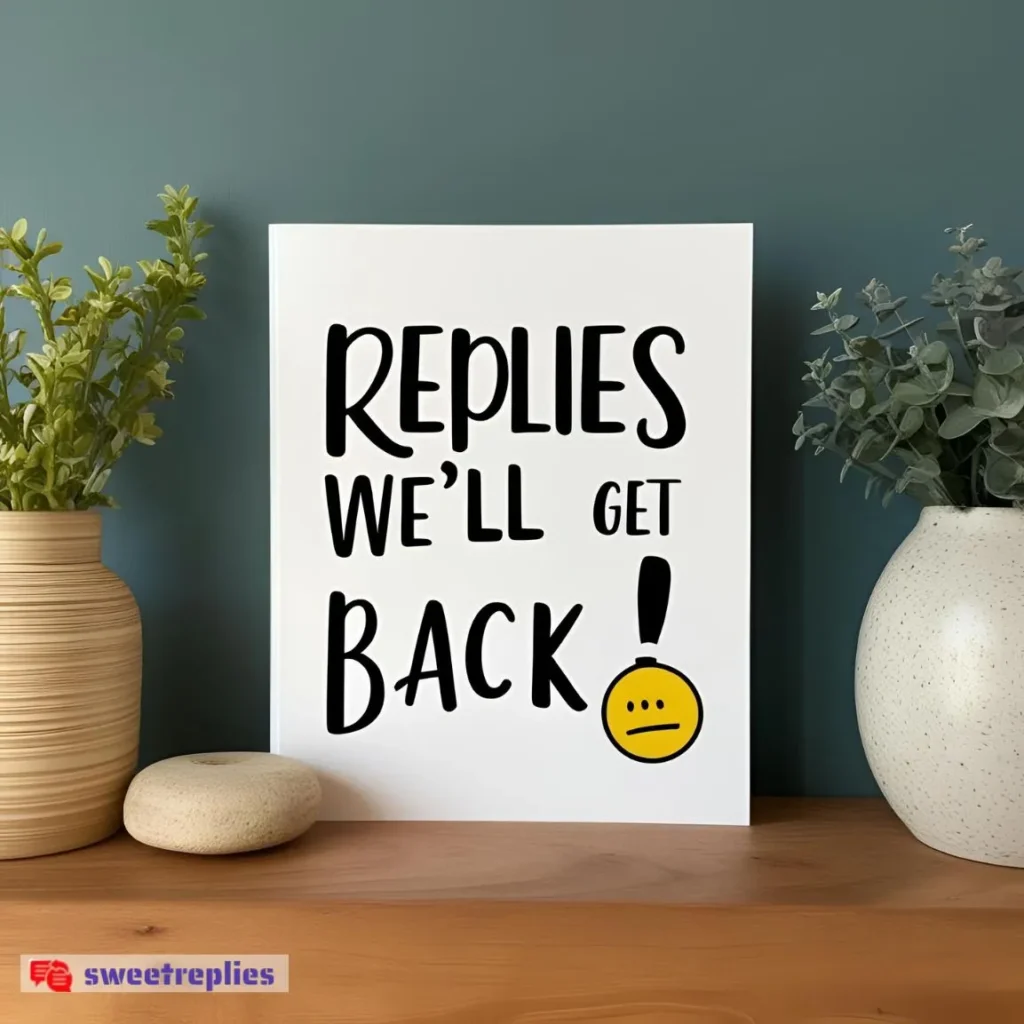
1. For Job Applications and Interviews
Responding to We’ll get back to you after a job interview or application can be tricky, but here are some professional replies:
- Thank you for the update. I look forward to hearing back regarding the next steps.
- I appreciate the opportunity to interview with your team and look forward to your response.
- Thank you for your time today. I am excited about the potential to join your team and look forward to hearing back.
- I’m grateful for the opportunity and will eagerly await your decision.
- I appreciate your consideration of my application and will be happy to hear from you soon.
- Thank you for informing me. I look forward to your feedback and to potentially working with your company.
- I understand the process and look forward to hearing from you once a decision has been made.
2. For Business Proposals
When responding to a business proposal request, it’s important to remain professional and polite. Here are some examples:
- Thank you for considering my proposal. I am happy to wait for your feedback and any questions you might have.
- I appreciate the time you’ve taken to review my proposal and look forward to your thoughts.
- I understand the need for careful review, and I will be happy to hear from you once a decision is made.
- Thank you for the opportunity to submit the proposal. I look forward to your response.
- I trust the proposal will meet your expectations, and I look forward to your feedback.
- Please let me know if any additional details or clarifications are needed before a decision is made.
- Thank you for keeping me updated. I look forward to hearing back after you’ve had time to review the proposal.
3. For Clients or Stakeholders
When dealing with clients or stakeholders, it’s crucial to convey professionalism and patience. Here’s how you can reply:
- Thank you for the update. I look forward to your feedback on the project.
- I appreciate your time and will await your response regarding the next steps.
- I’m happy to wait for your decision and am available to discuss any questions you may have.
- Thank you for keeping me informed. I will eagerly await your next steps.
- I understand that more time is needed. Please let me know if any additional information is required.
- Thank you for your consideration. I am looking forward to hearing your thoughts on the proposal.
- I’m available if you need any further clarifications or would like to discuss the project in more detail.
4. For Networking and Collaboration Opportunities
In a networking or collaboration context, a thoughtful reply can show your continued interest. Consider these options:
- Thank you for considering me for the collaboration. I look forward to hearing from you soon.
- I appreciate the opportunity and will await your decision regarding potential partnerships.
- It was great discussing the potential for collaboration. I look forward to hearing more details soon.
- Thank you for the conversation today. I am excited about the possibility of working together and look forward to your response.
- I understand you need time to discuss with your team. Please let me know if there’s anything else I can provide.
- I appreciate your time and look forward to hearing back about any next steps.
- Thank you for the opportunity to explore collaboration. I will await your response and am happy to provide more information if needed.
5. For Follow-Ups When They Haven’t Responded
When you’re following up after not hearing back, it’s important to be patient and tactful:
- I wanted to follow up on our last conversation and see if there’s any update on the decision.
- I understand you’ve been busy, but I wanted to check in and see if there’s any further information needed from my side.
- I’m following up regarding our recent discussion and would appreciate any update on the matter.
- I hope this message finds you well. I’m just checking in to see if you’ve had time to review my application.
- I wanted to gently follow up on my previous message and see if there’s any feedback regarding the proposal.
- I’m still very interested in hearing from you and would love to know if there are any next steps.
- Thank you for your time. I would appreciate it if you could update me on where things stand regarding our discussion.
6.For Customer Service Inquiries
When responding to customer service inquiries, it’s essential to acknowledge their concerns and provide a reassuring reply. Here are some context-specific replies for customer service:
- Thank you for reaching out. We’ll look into your issue and get back to you shortly.
- We appreciate your patience. Our team is currently reviewing your concern and will respond soon.
- I understand your frustration. Rest assured, we will resolve the matter and contact you soon.
- Thank you for sharing your experience. We will investigate the issue and provide a resolution as soon as possible.
- Your feedback is important to us. We’ll check with our team and get back to you with an update.
- We appreciate your understanding as we work to address your inquiry. Our team will reach out once we’ve reviewed your request.
- Thank you for your patience. We are currently reviewing your case and will follow up shortly.
7.For Personal or Informal Requests
When responding to personal or informal requests, you want to maintain a casual yet polite tone, acknowledging the request and giving a clear, respectful reply.
- Thanks for asking! I’ll take a look at this and get back to you when I have more details.
- I’m glad you reached out! I’ll need a little more time to think about it and will let you know soon.
- I appreciate you letting me know. I’ll check on that and contact you in a bit.
- Thanks for your patience! I’ll follow up with you once I’ve had a chance to look into it.
- I’ll get back to you after I talk it over with a few people. Thanks for your understanding.
- No problem! I’ll update you once I have more info on this. I appreciate you reaching out.
- I’ll take a moment to think about your request and will get back to you with an answer soon.
Alternative Ways to Say We Will Get Back to You

We’ll follow up with you soon.
We will reach out to you shortly.
Expect a response from us in due time.
We will contact you once we have an update.
We’ll be in touch as soon as possible.
You’ll hear from us soon.
We’ll let you know after reviewing everything.
We will be in touch with further details.
We’ll follow up once we have more information.
We will inform you of the next steps shortly.
We’ll get back to you once a decision is made.
We’ll notify you after we’ve reviewed everything.
We will check in with you soon.
You’ll hear from us once the review is complete.
We will provide an update once we have a clearer picture.
We will touch base once we have all the details.
We’ll connect with you shortly after discussing.
You can expect a response from us after further consideration.
We will get in touch once we have more clarity
Expect to hear from us once we’ve discussed everything.
We’ll update you once we’ve had a chance to review.
We will reach out with an update soon.
Once we’ve reviewed everything, we’ll follow up with you.
You can expect a follow-up once we finalize our decision.
We’ll contact you after the necessary evaluations.
Conclusion
In summary, the phrase We’ll get back to you can often leave the recipient wondering about the next steps, when in a customer service or personal context. How you respond to this phrase can significantly impact the relationship, showing professionalism, patience, and respect. For customer service inquiries, it’s crucial to acknowledge the customer’s concerns, provide an estimated timeline, and ensure they feel heard and valued.
On the other hand, for personal or informal requests, a friendly, reassuring, and respectful reply helps maintain a positive tone and encourages open communication. By using the right semantic words and offering a clear response, you can keep the interaction smooth, productive, and respectful, leading to a more successful outcome.
Key Insight
1. What does ‘We’ll get back to you’ really mean?
‘We’ll get back to you‘ typically means that the person or team will need some time to review your request or concern and will follow up with a response once they have an update. It’s often used in both professional and informal settings.
2. How should I respond to ‘We’ll get back to you’?
The best way to respond is to acknowledge the message and express your appreciation for their time. You can say something like, Thank you for the update. I look forward to hearing from you soon. Always maintain politeness and respect for their time frame.
3. Is it okay to ask when you will get a response?
Yes, asking for a timeline is acceptable, but make sure you phrase it politely. For example, you could say, I appreciate your response. Is there a timeline for when I can expect to hear back?
4. What if I don’t hear back after they say they will get back to me?
If you haven’t received a response within the implied waiting period, it’s appropriate to send a polite follow-up message, asking if there are any updates. A simple, Just following up to see if there’s any news. is usually sufficient.
5. Should I follow up if I haven’t heard back in a week?
Yes, it’s generally acceptable to follow up if you haven’t received a response in a reasonable amount of time, like a week. Always keep your tone friendly and respectful, and mention your previous communication to remind them of your inquiry.
6. Can ‘We’ll get back to you’ be a sign of rejection?
While the phrase may seem vague, it doesn’t necessarily mean rejection. Often, it’s used when the team or individual needs more time to evaluate the situation. If you’re concerned, a polite follow-up can provide clarification.
7. How do I keep the conversation professional when responding to ‘We’ll get back to you’?
To keep things professional, respond with clear, concise statements like, Thank you for your time and consideration. I look forward to your response. Make sure to maintain a positive tone and avoid pushing for immediate answers.

I’m Liam Quill, the writer behind SweetReplies.com, where words come with meaning, heart, and a little charm. I specialize in crafting the perfect replies whether it’s a sweet thank-you message, a thoughtful wish, or a clever response that leaves an impression. With every line I write, my goal is simple: to help you express yourself in a way that feels just right. Because the right words? They make all the difference.
